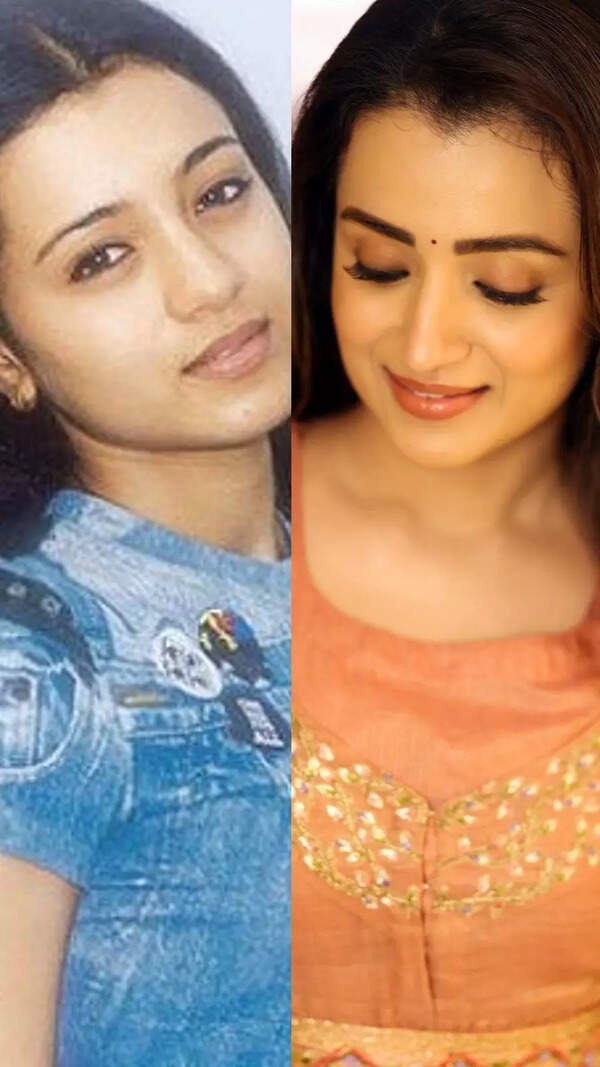Top Searches
- News
- City News
- allahabad News
- Shringar Gauri case: 'Hindus were offering prayers even in 1937'
Shringar Gauri case: 'Hindus were offering prayers even in 1937'

PRAYAGRAJ: In a civil revision petition filed by Anjuman Intezamia Masajid (AIM) - the Gyanvapi mosque management committee - in the suit seeking regular worship of Shringar Gauri and other deities in Varanasi's Gyanvapi mosque compound, the counsel for Hindu side on Tuesday pleaded that in the year 1937, one Deen Mohammad had filed a suit seeking declaration that the property mentioned in suit related to Gyanvapi masjid complex be declared as a Waqf property. However, even in that suit it was admitted that Hindus were offering regular puja at that place and that even the British government had said so, the counsel added.
It was also argued by the Hindu side that the Deen Mohammad case will not apply in present proceedings, as no person from Hindu community was made party in that case.
Earlier, at one stage, the counsel representing the Hindu side had argued that just by demolition of the temple at the disputed site, the said land does not loses its nature of being a temple land and in this way places of worship Act will not apply in the case, as the temple existed on the said land before its demolition much prior to independence of India.
Earlier, the petitioner, Anjuman Intezamia Masajid (AIM) - the Gyanvapi mosque management committee - had opposed the claim of the Hindu side on the plea that the suit before the court below is barred under the Places of Worship Act, 1991, which provides that no suit can be filed seeking conversion of any religious place as existed on August 15, 1947. Now, the Allahabad high court will continue to hear on December 14 the AIM petition that has challenged a Varanasi court order turning down its objections to the maintainability of the suit filed by five Hindu women seeking permission to regularly worship Shringar Gauri and other deities in Varanasi's Gyanvapi mosque compound.
As per the date fixed, the hearing of the case was resumed on Tuesday. However, after a brief hearing, Justice JJ Munir directed to put up this case on December 14 for further hearing. Earlier, the district judge Varanasi had on September 12 dismissed the plea of AIM filed under Order 7 Rule 11 of Civil Procedure Code (CPC), challenging the maintainability of the suit filed by the five Hindu plaintiffs.
While rejecting the AIM's plea, district judge Varanasi had observed that the suit of the plaintiffs (five Hindu women) is not barred by the Places of Worship (Special Provisions) Act, 1991,
The Waqf Act 1995, and the UP Shri Kashi Vishwanath Temple Act, 1983 as was being claimed by the AIM. The present civil revision petition has been filed by AIM before the high court, challenging the September 12 order on the ground that the suit before the court below is barred under the Places of Worship Act, 1991, which provides that no suit can be filed seeking conversion of any religious place as existed on August 15, 1947.
The Places of Worship Act, 1991 bars change in character of religious places after independence, even by means of court proceedings.
It was also argued by the Hindu side that the Deen Mohammad case will not apply in present proceedings, as no person from Hindu community was made party in that case.
Earlier, at one stage, the counsel representing the Hindu side had argued that just by demolition of the temple at the disputed site, the said land does not loses its nature of being a temple land and in this way places of worship Act will not apply in the case, as the temple existed on the said land before its demolition much prior to independence of India.
Earlier, the petitioner, Anjuman Intezamia Masajid (AIM) - the Gyanvapi mosque management committee - had opposed the claim of the Hindu side on the plea that the suit before the court below is barred under the Places of Worship Act, 1991, which provides that no suit can be filed seeking conversion of any religious place as existed on August 15, 1947. Now, the Allahabad high court will continue to hear on December 14 the AIM petition that has challenged a Varanasi court order turning down its objections to the maintainability of the suit filed by five Hindu women seeking permission to regularly worship Shringar Gauri and other deities in Varanasi's Gyanvapi mosque compound.
As per the date fixed, the hearing of the case was resumed on Tuesday. However, after a brief hearing, Justice JJ Munir directed to put up this case on December 14 for further hearing. Earlier, the district judge Varanasi had on September 12 dismissed the plea of AIM filed under Order 7 Rule 11 of Civil Procedure Code (CPC), challenging the maintainability of the suit filed by the five Hindu plaintiffs.
While rejecting the AIM's plea, district judge Varanasi had observed that the suit of the plaintiffs (five Hindu women) is not barred by the Places of Worship (Special Provisions) Act, 1991,
The Waqf Act 1995, and the UP Shri Kashi Vishwanath Temple Act, 1983 as was being claimed by the AIM. The present civil revision petition has been filed by AIM before the high court, challenging the September 12 order on the ground that the suit before the court below is barred under the Places of Worship Act, 1991, which provides that no suit can be filed seeking conversion of any religious place as existed on August 15, 1947.
The Places of Worship Act, 1991 bars change in character of religious places after independence, even by means of court proceedings.
FOLLOW US ON SOCIAL MEDIA
FacebookTwitterInstagramKOO APPYOUTUBE
Start a Conversation
end of article









